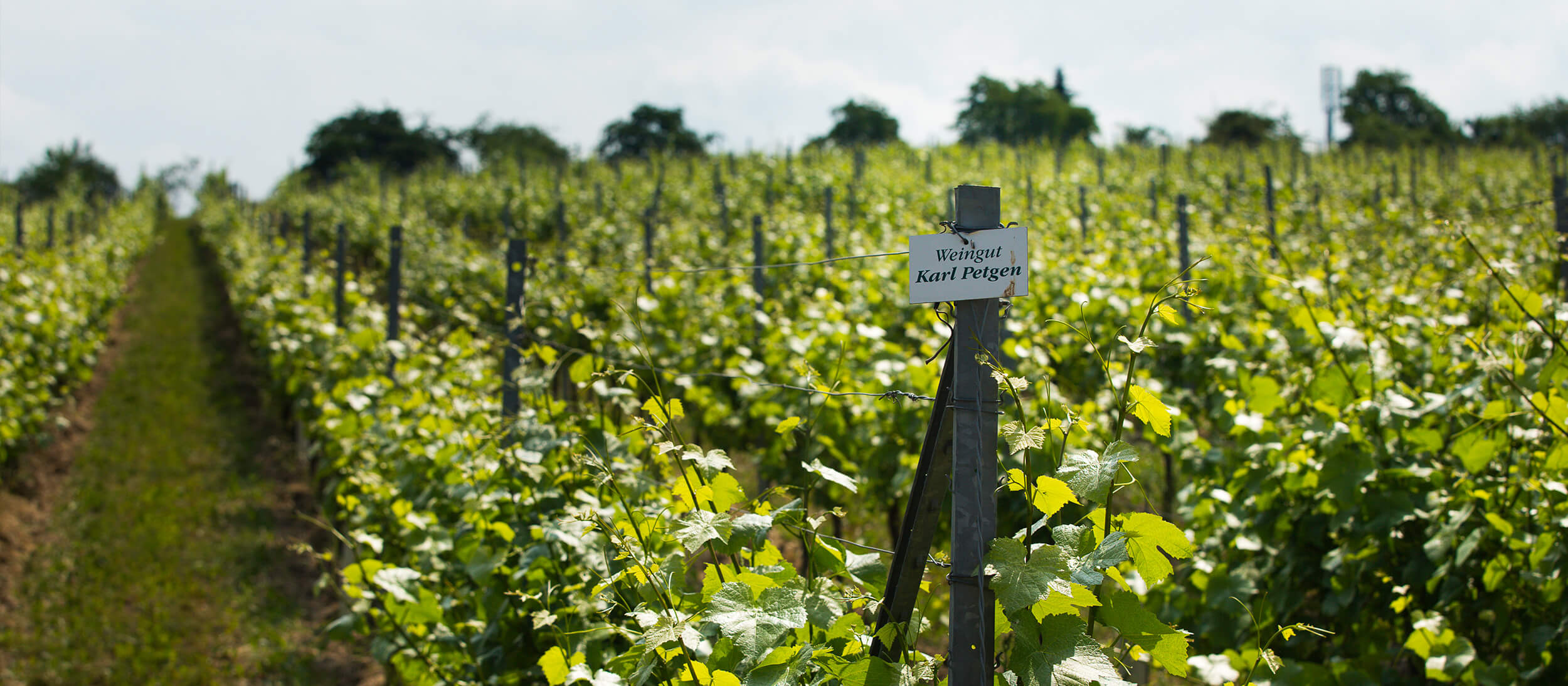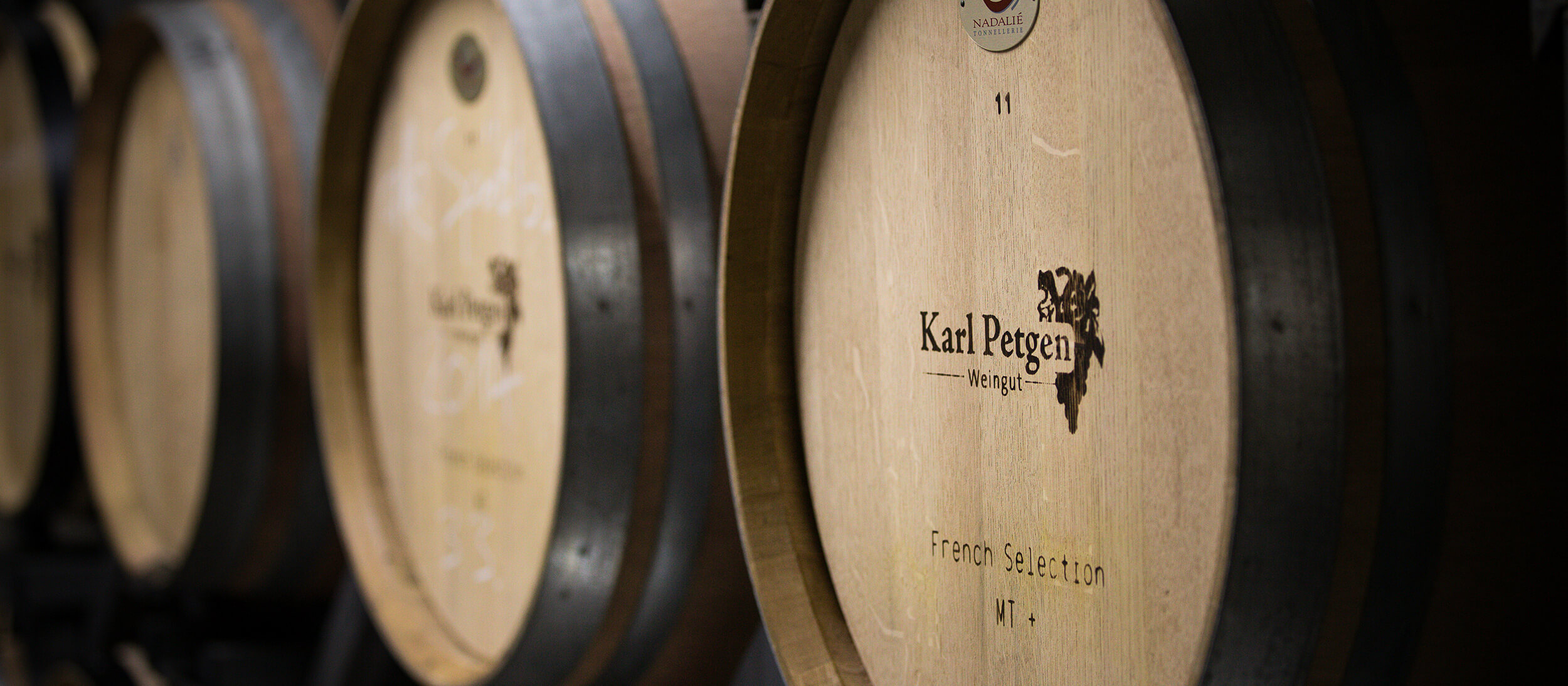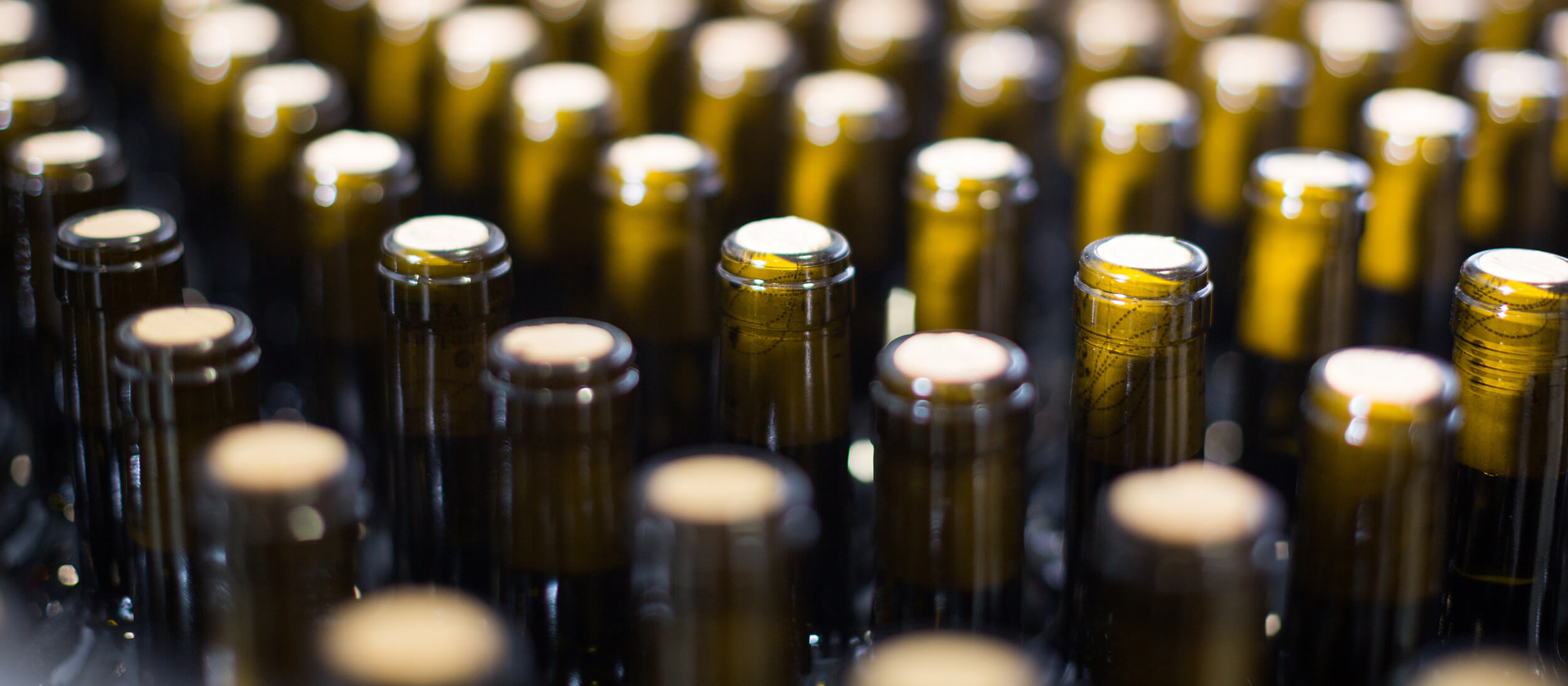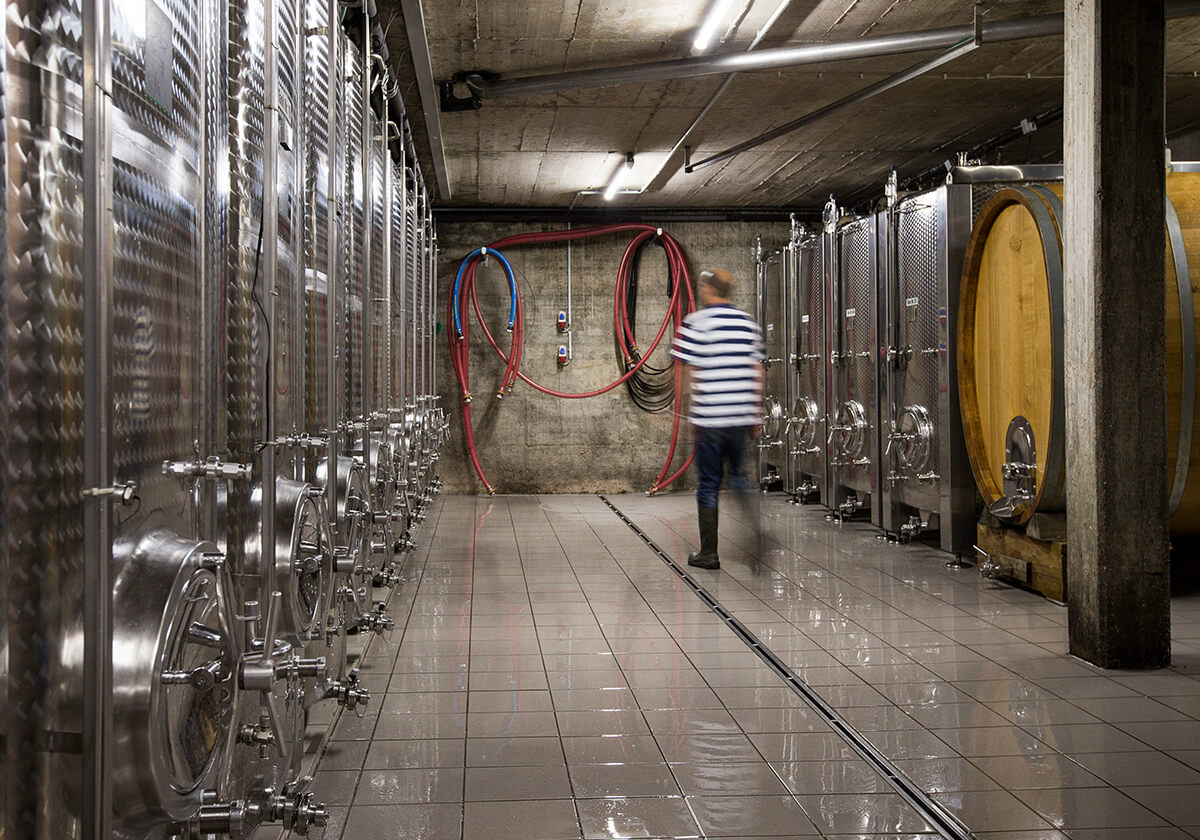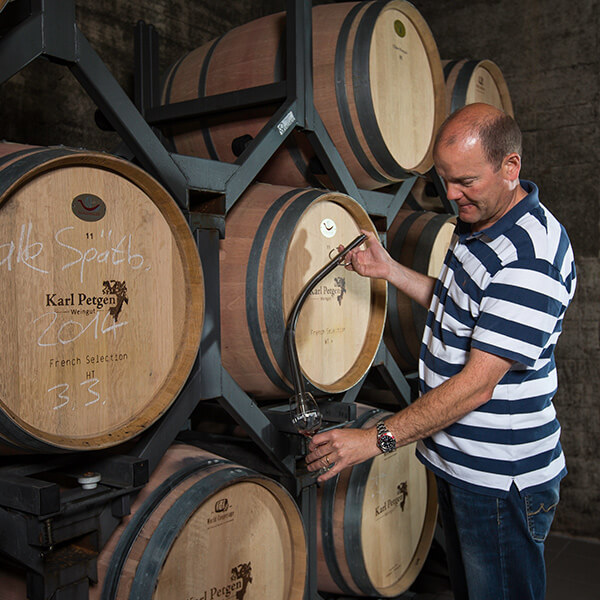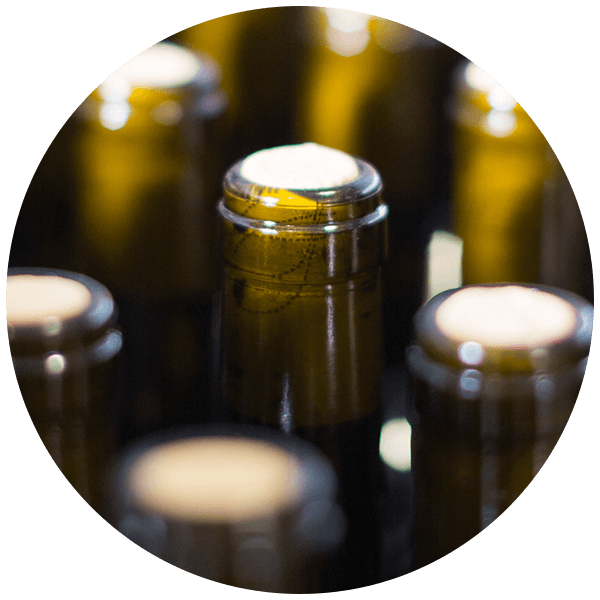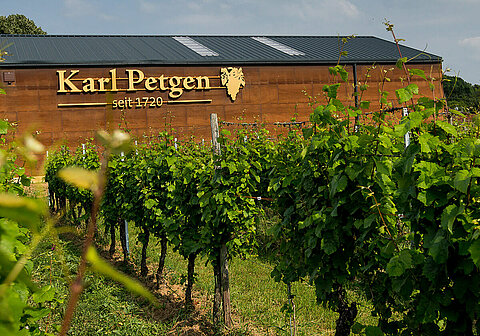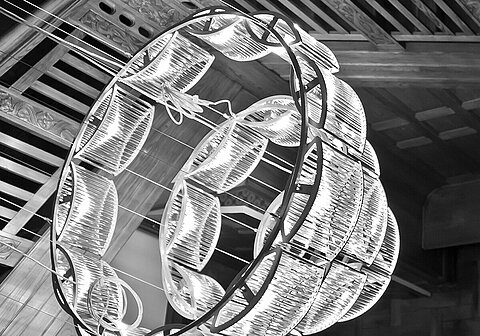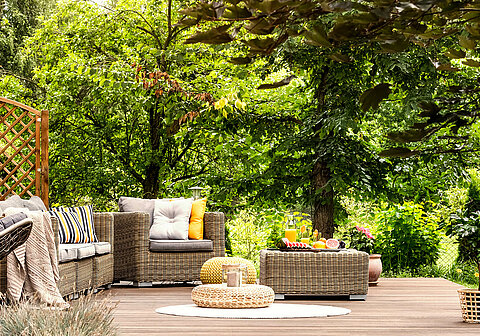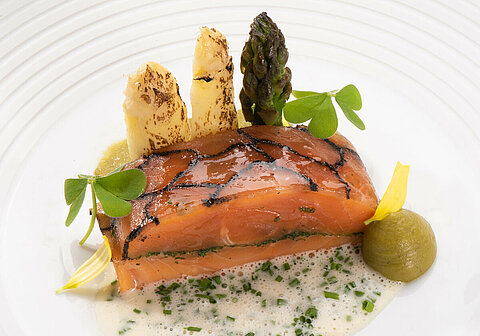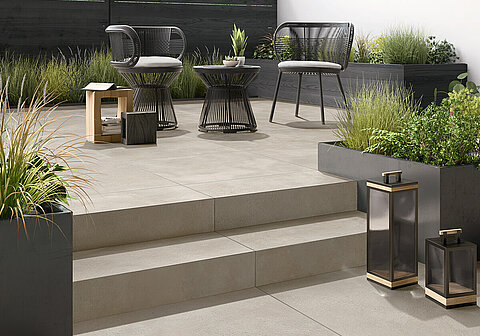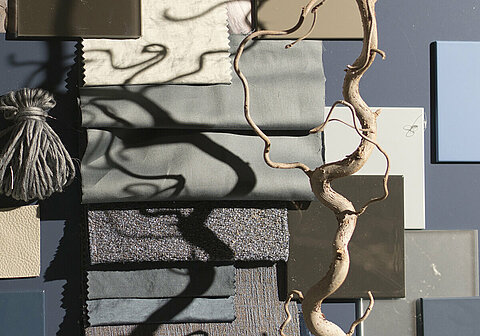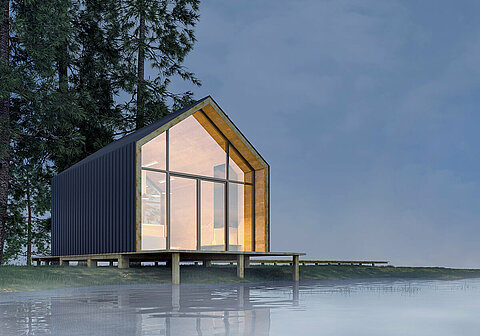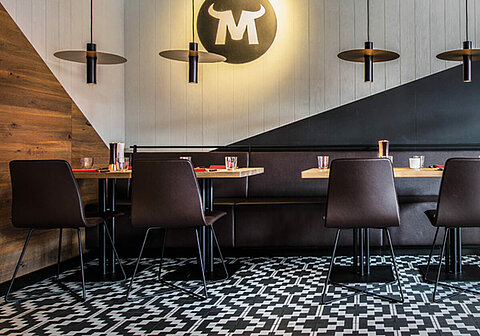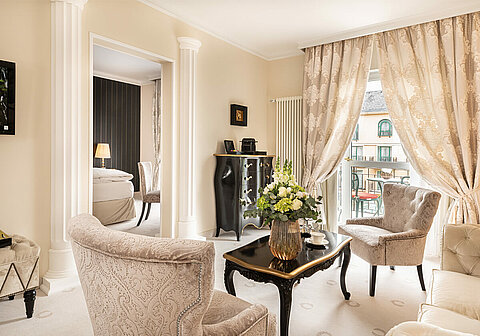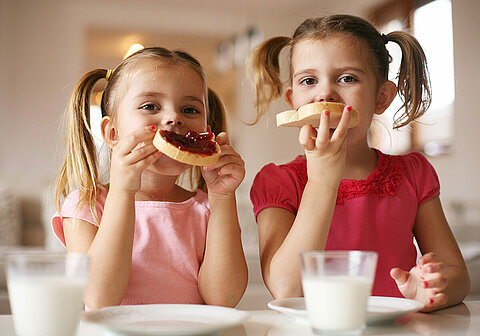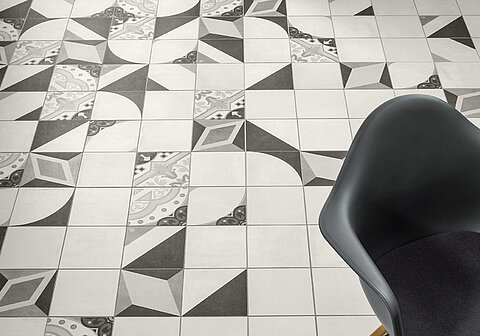Tradition has been part of the craftsmanship in your family for many generations. Nevertheless, ultra-modern machines are used in the vineyard. Isn't that a contradiction ?
Quite the opposite. We use machines because they are actually gentler and more efficient. During harvesting, for example, they detect diseased grapes so that they don't even make it to the cellar to impair the wine.
Is hygiene important in the actual winemaking process? Can something already go wrong during the harvest? For example, can the "wrong" bacteria be used?
Wine is a natural product. Even in the vineyard, the wine can be contaminated by disease and thus become undrinkable. Bacteria can then quickly turn it into vinegar. Of course, we protect the vines - and we do it without the use of chemicals. This requires double or triple the effort and is therefore more expensive. However, chemical plant protection also has an influence on the quality of the wine.
From the vineyard to the cellar: today, this is no longer related to cellar romananticsm. Here, everything is subject to functionality and strict hygiene.
In fact, we have a real cellar, deep underground. This allows us to ensure a relatively constant climate at all times. Such a wine cellar must also meet the same hygiene requirements as a kitchen. After all, food is also processed here. Because the cellar is often cleaned several times a day, the materials must also play their part. Since the renovation in 1974, there have been tiles everywhere on the estate. Even back then, the tiler confirmed that the tiles meet the highest hygiene standards.
Does the high-tech equipment determine that? How and when do you intervene in the maturing process?
That's what we do - every day! As soon as the wine is put in the barrels, we observe it. Every morning I take must samples. What counts here is what I taste, in other words, my experience. Only with this regular checking can we avoid faulty fermentations and only in this way can we get the wine to where we want it to be.
Wine production is subject to strict regulations regarding ingredients. Are there also strict requirements for the work environment? Do you have to pay attention to certain construction materials?
Hygiene is the top priority here. In German wineries, company inspections are carried out almost daily: By the state wine inspectorate, the trade supervisory office and the environmental agency. Here in Germany, wine is the most strictly controlled foodstuff after drinking water.
You age some wines in oak barrels and barriques, others in stainless steel tanks. Which material do you prefer in which case? Does stainless steel have hygienic advantages?
As a general rule, strong wines are matured in wood and the fresh ones in stainless steel. Regardless of whether it is a red wine or a white wine. And: Yes, stainless steel is of course much easier to clean and maintain than wood.
You don't use plastic capsules on bottles. Have they been completely replaced with alternatives? Do you use corks or screw caps?
Often the capsules that protect the closure are made of plastic. Since they are anything but sustainable, we have replaced them with paper banderoles. We also do not use screw caps on the bottles. They are made of aluminium and there is also a plastic seal inside, which can affect the taste of the wine. We use corks made of cork, a natural renewable material.
Speaking of materials: sustainable and hygiene-friendly materials in your business are important to you. Did the planners and architects use tiles from Villeroy & Boch when equipping the basement and sales rooms?
We have chosen products from Villeroy & Boch for many applications because they fit perfectly with the interior design and the complete architecture. This closes the circle to other traditional manufacturers in the region. It's a matter of quality and trust.


